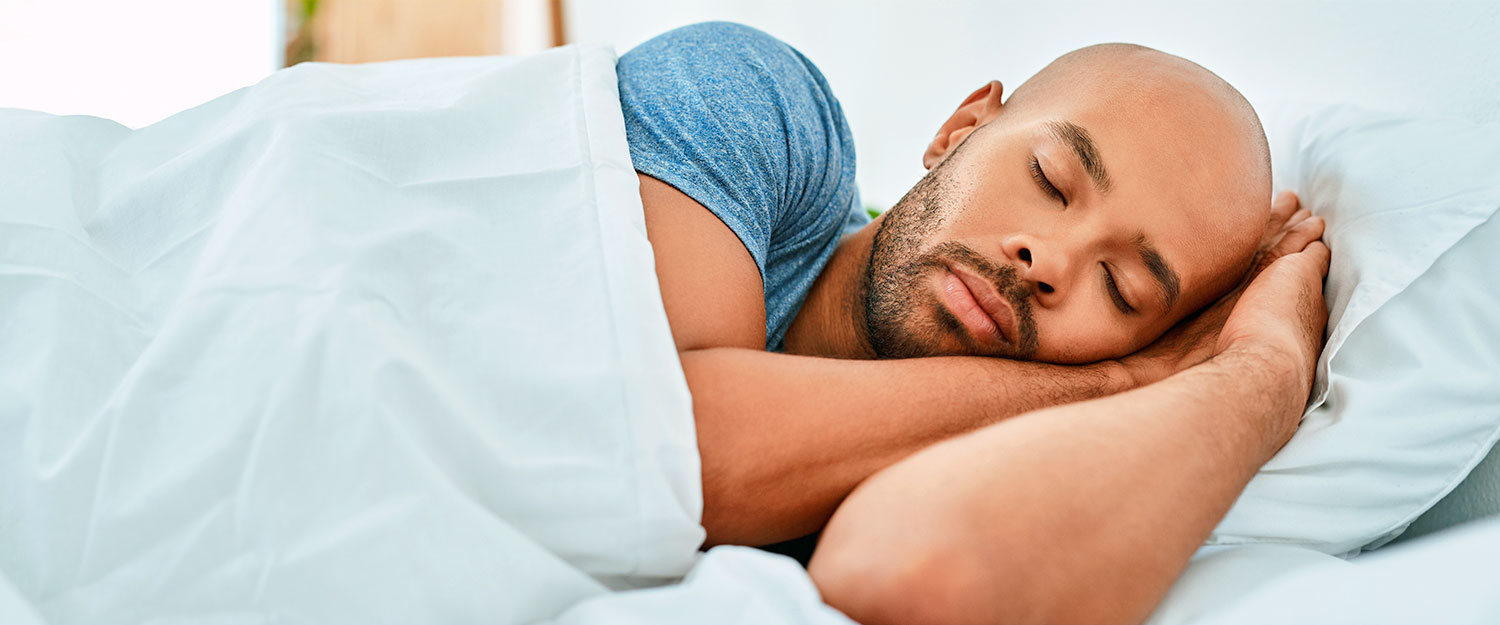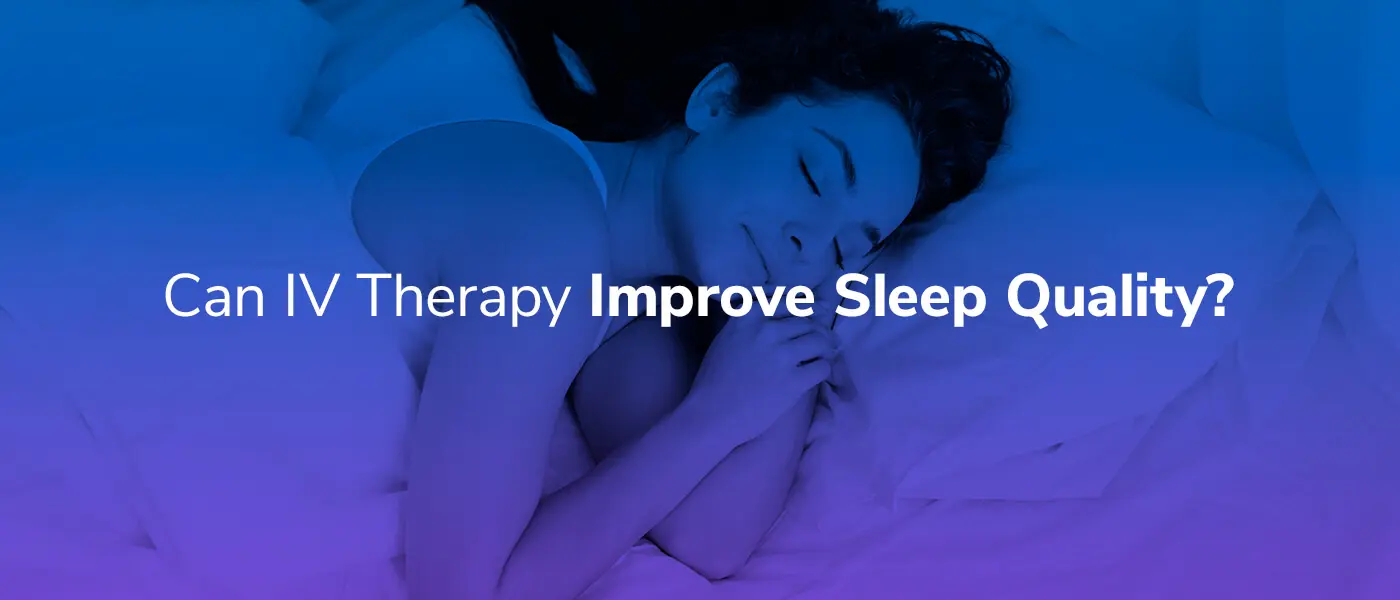Effective Insomnia Therapy - Restore Your Restful Nights
Effective Insomnia Therapy - Restore Your Restful Nights
Blog Article
Effective Treatment Solutions for Managing Sleep Disorders and Enhancing Restful Rest
In the world of health care, the management of rest disorders and the quest for restful sleep are essential parts of overall wellness. Effective therapy options provide a multifaceted approach to tackle these challenges, ranging from cognitive behavioral interventions to alternative techniques that advertise relaxation and mindfulness. The expedition of various methods, including the assimilation of drug and light therapy, opens a realm of possibilities in the quest of better rest top quality. As we navigate the complex landscape of sleep disorders and seek to enhance our sleep experience, a much deeper understanding of these therapy options might hold the secret to unlocking a more rejuvenating and fulfilling restorative journey.
Cognitive Behavior Modification for Insomnia (CBT-I)
Cognitive Behavioral Treatment for Insomnia (CBT-I) is an organized, evidence-based treatment technique that concentrates on addressing the underlying aspects adding to rest disruptions. This kind of therapy intends to change behaviors and ideas that worsen insomnia, inevitably advertising healthy and balanced sleep patterns. CBT-I commonly entails a number of essential parts, including cognitive therapy, sleep restriction, stimulation control, and sleep hygiene education.
Cognitive therapy aids people recognize and alter adverse idea patterns and ideas about sleep that may be hindering their capability to fall or stay asleep. Rest restriction includes limiting the amount of time spent in bed to match the person's real sleep duration, thus boosting sleep effectiveness (sleep improvement therapy). Stimulus control methods aid establish a solid association in between the bed and rest by encouraging people to head to bed just when sleepy and to avoid participating in promoting tasks in bed
Furthermore, sleep health education and learning concentrates on establishing healthy and balanced sleep behaviors, such as maintaining a regular sleep schedule, creating a relaxing bedtime routine, and maximizing the sleep setting. By attending to these elements comprehensively, CBT-I supplies an effective non-pharmacological treatment for managing insomnia and enhancing overall sleep high quality.
Rest Health Practices
Having actually established the foundation of cognitive restructuring and behavior adjustments in attending to sleeplessness via Cognitive Behavior modification for Sleeping Disorders (CBT-I), the emphasis now shifts towards discovering essential Rest Health Practices for keeping optimum sleep quality and total health.
Rest hygiene techniques incorporate a variety of behaviors and ecological elements that can considerably influence one's ability to sleep and remain asleep throughout the night. Constant sleep and wake times, creating a relaxing bedtime routine, and optimizing the rest environment by keeping it dark, peaceful, and cool are crucial elements of good sleep health. Restricting direct exposure to screens before going to bed, avoiding energizers like caffeine near going to bed, and involving in routine physical task during the day can additionally advertise better sleep high quality.
Moreover, practicing leisure strategies such as deep breathing workouts or reflection prior to bed can assist calm the mind and prepare the body for sleep. By including these sleep health methods into one's everyday regimen, people can establish a healthy sleep pattern that sustains restful rest and general health.
Relaxation Strategies and Mindfulness
Carrying out leisure techniques and mindfulness practices can play a crucial duty in cultivating a feeling of calm and advertising high quality sleep. sleep deprivation help. These strategies intend to silent the mind, lower anxiety, and develop an ideal environment for peaceful sleep. One widely exercised technique is deep breathing workouts, where individuals focus on sluggish, deep breaths to loosen up the body and mind. Progressive muscle mass relaxation entails tensing and then launching each muscular tissue team, promoting physical leisure. Additionally, assisted imagery can help transport people to a tranquil place in their minds, aiding in stress decrease and boosting sleep top quality.
Mindfulness practices, such as meditation and yoga exercise, are additionally effective in advertising relaxation and boosting rest. Mindfulness urges people to stay existing in the minute, letting go of fret about the past or future. By incorporating these practices right into a going to bed routine, individuals can indicate to their bodies that it is time to prepare and unwind for rest. In general, incorporating relaxation strategies and mindfulness practices can substantially contribute to handling sleep disorders you could try this out and improving general rest high quality.

Medication Options for Sleep Disorders
After checking out relaxation techniques and mindfulness methods as non-pharmacological treatments for improving sleep quality, it is important to take into consideration medicine options for individuals with sleep conditions. In cases where way of living modifications and therapy do not offer enough relief, medicine can be a useful tool in managing sleep disruptions.
Commonly prescribed medicines for sleep conditions consist of benzodiazepines, non-benzodiazepine hypnotics, antidepressants, and melatonin receptor agonists. Benzodiazepines, such as diazepam, are sedatives that can assist generate rest, but they are generally suggested for short-term use due to the risk of dependence. Non-benzodiazepine hypnotics like zolpidem are also utilized to treat sleeping disorders and have a reduced risk of dependence contrasted to benzodiazepines. Antidepressants, such as trazodone, can be helpful for individuals with co-occurring depression and rest disturbances. Melatonin receptor agonists, like ramelteon, target the body's natural sleep-wake cycle and can be valuable for controling rest patterns.
It is vital for individuals to talk to a healthcare company to identify one of the most proper medicine option based on their certain sleep problem and medical background.
Light Treatment for Circadian Rhythm Guideline
Light treatment, likewise called photo-therapy, is a non-invasive treatment approach utilized to control circadian rhythms and boost sleep-wake cycles. This therapy includes exposure to bright light that simulates all-natural sunshine, which assists to reset the body's biological rhythm. By exposing people to particular wavelengths of light, usually in the early morning or evening depending upon the preferred result, light therapy can successfully change the body clock to advertise wakefulness during the day and enhance relaxed rest at night.
Study has revealed that light therapy can be particularly beneficial for individuals with body clock problems, such as delayed rest stage syndrome or jet lag. It can likewise be handy for those experiencing seasonal depression (SAD), a sort of depression that commonly occurs during the cold weather when natural light direct exposure is reduced. Light treatment is normally well-tolerated and can be made use of together with other treatment approaches for sleep conditions to enhance results and enhance overall sleep quality.
Conclusion
In conclusion, efficient therapy solutions for taking care of rest problems and improving relaxed rest consist of Cognitive Behavioral Therapy for Sleep Problems (CBT-I), rest hygiene practices, leisure techniques and mindfulness, drug choices, and light therapy for body clock regulation. These techniques can aid people boost their visit the site sleep quality and general well-being. It is essential to seek advice from a healthcare service provider to figure out the most appropriate strategy for addressing rest problems.
As we browse the complex landscape of sleep problems and look for to improve our rest experience, a deeper understanding of these treatment solutions may hold the secret to unlocking a more refreshing and meeting restorative journey.
Rest limitation includes limiting the amount of time spent in bed to match the person's real sleep period, thereby enhancing rest effectiveness. Constant rest and wake times, creating a relaxing going to bed routine, and optimizing the rest atmosphere by keeping it dark, quiet, and cool are important parts of good rest hygiene. Light therapy is typically well-tolerated and can be made use of in combination with other treatment techniques for rest disorders to maximize outcomes and boost total look at this site rest top quality.

Report this page